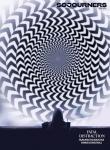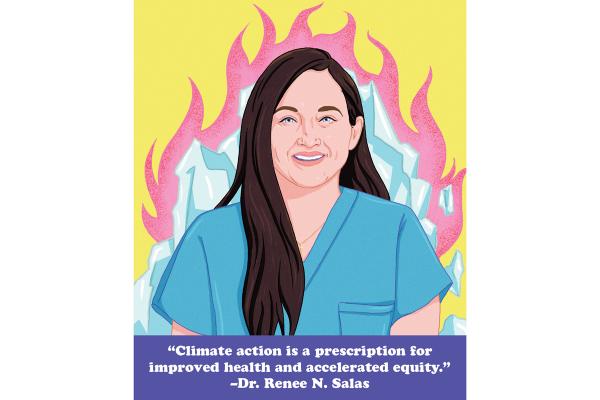MANY SCRIPTURAL METAPHORS for transformation involve variations on the “open my eyes that I may see” plea of Psalm 119; the writer of Ephesians 1, for instance, prays for the enlightenment of the “eyes of your heart” so that “you may know the hope to which he has called you.” Various authors in this issue wrestle with similar images. For example, our Prelude, which draws on the writings of French Jesuit Pierre Teilhard de Chardin, refers to the “worst failing of our minds” as the inability “to see the really big problems” that “are right under our eyes.”
Much of our culture, Zachary Lee explains in his cover feature on Hollywood “spectacle,” serves to distract us from those “really big problems” and makes it difficult for us to see in different, more hopeful ways. Bible savant Walter Brueggemann, who knows a thing or two about alternative ways of perceiving, said that prophets “are able to imagine the world other than the way that is in front of them.” But that task, that “prophetic imagination” of seeing with enlightened eyes, isn’t reserved just for prophets: It’s really an invitation to all of us who seek a better world.

Got something to say about what you're reading? We value your feedback!






